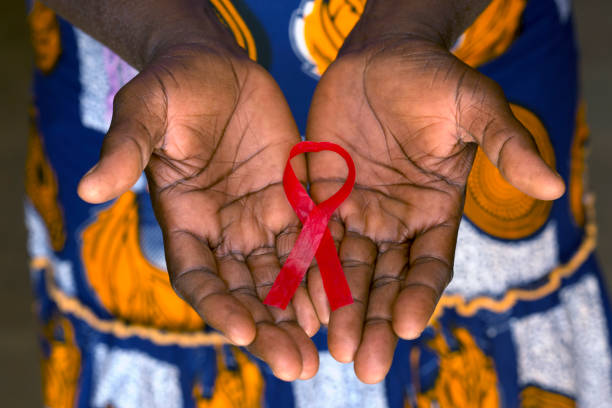Human immunodeficiency virus (HIV) is an infection that targets the immune system and reduces the body’s defense against many other infections. When HIV has reached its advanced stage, it becomes acquired immunodeficiency syndrome (AIDS), which is worse.
Living with HIV necessitates self-care and extra precautions to ensure your health, such as avoiding STDs and other infections.
You must take good care of yourself if you have HIV and take extra steps to safeguard your health and immune system. You can aid your body in fighting off viruses and other diseases by keeping it as healthy as possible.
HIV-positive individuals must adopt healthy lifestyle practices. These seven recommendations can be helpful.
7 Health Tips for HIV Patients

Here are some of important health tips for HIV patients, which can help them manage their condition better and prevent it from worsening into AIDS.
1. Take your medications
Everyone infected with HIV should be on antiretroviral therapy (ART). It’s also known as highly active antiretroviral therapy (HAART) or combined antiretroviral therapy (CART) (cART).
These drugs lower the amount of HIV in your blood. Infections are less likely when your viral load is low. ART also reduces your chances of transmitting HIV to others.
You’re required to begin ART immediately as soon as you are diagnosed with HIV. You may need to take one or more pills every day simultaneously.
Do not skip doses or take pills at random. If you start and stop your treatment, your medication risks becoming ineffective.
2. Eat healthy and nutritious foods
A healthy diet can minimize the side effects of medications, strengthen your immune system, and keep you at a healthy weight.
Your body will be more equipped to fight infections and deal with HIV if it is well-fed. Every day, make an effort to consume various foods, including lots of fruit and vegetables.
A balanced diet is not something you must work out on your own. To find a registered dietitian nutritionist who works with HIV-positive individuals, ask your doctor for a recommendation.
3. Get checked for other STIs
You may be more likely to spread both HIV and your STI to someone else if you also have an STI. Some STIs can amplify HIV and hasten its progression.
You should seek medical attention for STIs as soon as possible because HIV can make some STIs more challenging to treat. Because many STIs have no symptoms, being tested is crucial as you might not even be aware that you have one.
4. Practice safe sex
It is crucial to indulge in safer sexual practices. To lessen the chance of spreading HIV to others, ensure you know how it is transmitted.
Use condoms at all times, and provide you put them on properly. In addition to preventing the spread of HIV, this will help you and your partner stay safe from other sexually transmitted diseases (STIs).
5. Stay away from drugs and alcohol
Alcohol and drug abuse can exacerbate feelings of depression. To help protect your immune system, avoid illegal drugs and take only the medications prescribed by your doctor.
Drug abstinence can also help prevent cognitive (thinking and reasoning) impairment, which is essential in reducing HIV-related dementia.
6. Quit smoking
Anyone can benefit from quitting smoking. Quitting smoking will help you live a healthier and more fulfilling life, as well as prevent a variety of health problems and lower your risk of serious events such as heart attack and stroke.
7. Exercise both your mind and your body
Physical and mental exercise can help to keep your mind and body in good shape.
Walking, cycling, running, or swimming regularly keeps you physically fit and can reduce stress and depression.
Physical activity also benefits the immune system. Allow your body to recharge by getting enough sleep each night.
Mental exercises, such as completing a daily crossword puzzle or playing brain-challenging games, can help you improve your memory and concentration.
Another additional health tip for HIV patients would be to maintain a great social life. Although HIV can be stigmatizing, it doesn’t warrant isolation or withdrawal. You should communicate and maintain good friendships for your mental health and emotional wellbeing.
Conclusion
Many believe they have no control after being diagnosed with HIV, but this is not the case. You can take control and live a healthy, active life by following the health tips for HIV patients above.
YOU SHOULD ALSO READ:
- 5 Common Sexually Transmitted Diseases in Nigeria
- Things To Do After Having Unprotected Sex
- Are There any Disadvantages of Releasing Sperm Daily?
- 10 Important Health Tips For Asthma Patients
- 7 Health Tips for Managing Rheumatoid Arthritis
- 5 Crucial Health Tips For Sugar Patients
- List Of Fruits For Diabetic Patients In Nigeria
- 5 Health Tips For Dialysis Patients
- 7 Health Tips for Breastfeeding Mothers
- 5 Important Health Tips For Tuberculosis Patients
- 5 Crucial Health Tips For Thyroid Patients



